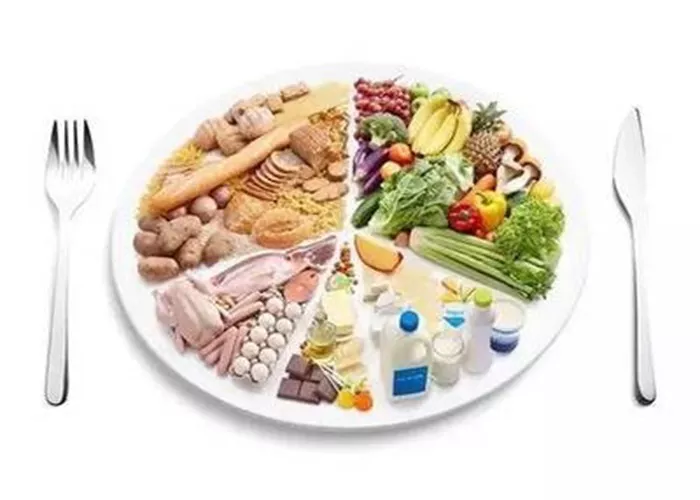When it comes to losing weight, many people find it challenging to navigate the abundance of diet plans and advice available online. However, a simple strategy shared by a registered dietitian could help reduce calorie intake without the need for restrictive or complex eating plans.
In an exclusive interview with GB News, Mei Wan, a registered dietitian, nutritionist, and consultant at Levity, highlighted two key food groups that can aid in weight loss by keeping you fuller for longer: healthy fats and fiber.
The Power of Healthy Fats
Contrary to some diet trends that advise against consuming fats, Mei Wan encourages incorporating healthy fats into your daily meals. She explained that healthy fats, such as those found in nuts, seeds, and extra virgin olive oil, should not be feared but enjoyed in moderation.
“These fats are crucial for overall health and may help with satiety,” said Mei. “They help you feel fuller longer, which reduces the likelihood of overeating and unnecessary snacking, especially when you’re not actually hungry.”
Healthy fats not only contribute to feelings of fullness but also offer various health benefits, such as improving skin and hair health, making them a valuable addition to any balanced diet.
Fiber-Rich Foods for Satiety and Health
Fiber is another key component in a diet aimed at controlling appetite and promoting weight loss. Mei Wan recommended increasing the intake of high-fiber foods, such as fruits, vegetables, and whole grains, as they are often low in calories but packed with nutrients.
“Fiber supports digestion, improves gut health, and helps control appetite by promoting a feeling of fullness,” she explained. “Depending on individual needs, fiber can also play a role in managing pre-existing gut issues.”
In addition to its digestive benefits, fiber-rich foods are also rich in phytonutrients that can help boost the immune system, particularly during the colder months.
Additional Benefits for Weight Loss and Immune Health
Eating a variety of fiber-rich fruits and vegetables not only supports weight management but also helps strengthen the immune system, which is particularly important during flu season. Mei Wan highlighted that the phytonutrients in plant-based foods help fight off illnesses and speed up recovery when you’re feeling under the weather.
Structuring Your Plate for Success
In addition to choosing the right foods, Mei Wan offered guidance on how to structure meals to manage calorie intake effectively. She recommends filling your plate with a balanced combination of vegetables, lean proteins, and high-fiber whole grains, a strategy that can be particularly beneficial for women going through menopause.
“By focusing on these foods, you can keep your calorie intake in check while ensuring your body receives the necessary nutrients to function at its best,” she said.
Conclusion
Incorporating healthy fats and fiber into your diet can help you feel fuller for longer, reduce snacking, and support weight loss efforts. These nutrient-dense foods not only assist with weight management but also improve digestive health and boost the immune system. By following these simple guidelines and structuring your meals around nutrient-rich foods, you can take a more sustainable and health-focused approach to weight loss.
Related Topics:
What Type of Diet Is Best for Losing Belly Fat


